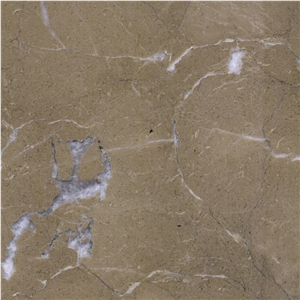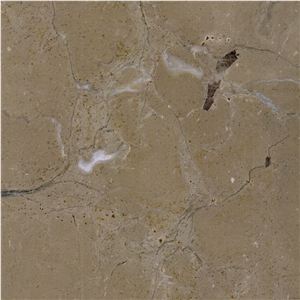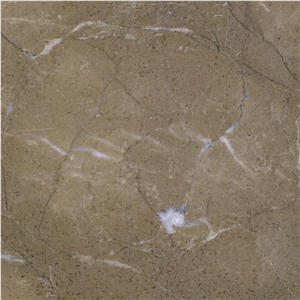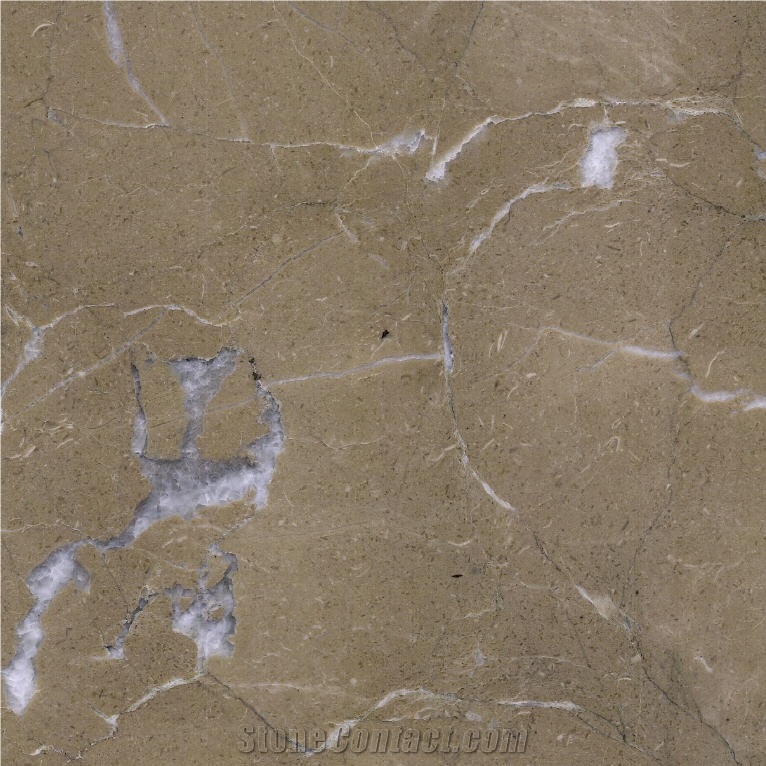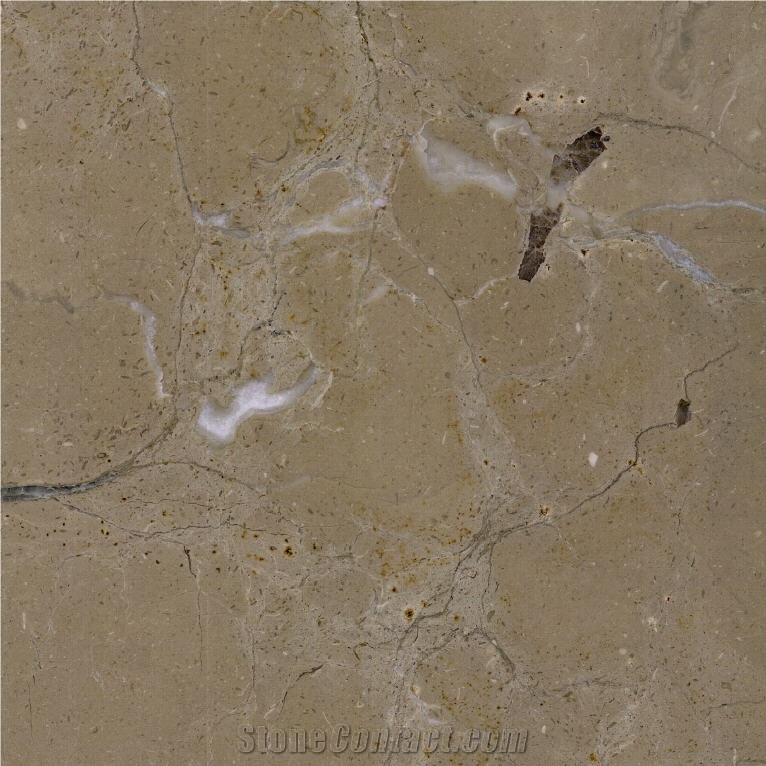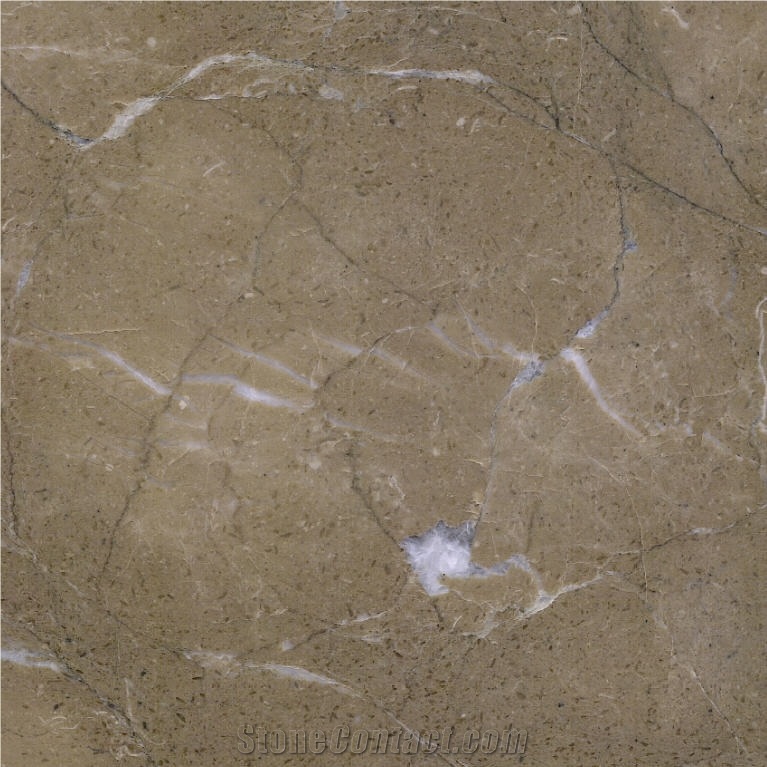Can Iran's Babylonia Marble be used exterior applications in very rainy climates?
Irans Babylonia Marble is a type of natural stone that is known for its elegant and unique patterns. While it is generally a durable material, its suitability for exterior applications in very rainy climates could be affected by a few factors:
1. Porosity: The porosity of the marble will play a significant role in determining its ability to withstand rainy climates. If the marble is highly porous, it will absorb water, which can lead to the formation of cracks and damage over time.
2. Freeze-Thaw Cycle: In regions with freezing temperatures, the marble may be more prone to damage from the expansion and contraction caused by the freeze-thaw cycle. Water can seep into the porous marble, freeze, and cause it to crack or break.
3. Staining: Rainwater can carry various minerals and pollutants, which may cause staining or discoloration on the marble surface over time. This can affect the aesthetics of the stone.
To ensure the long-term durability of Irans Babylonia Marble in very rainy climates, proper sealing and maintenance are essential. Applying a suitable sealant can help reduce the stones porosity and protect it from water absorption. Regular cleaning and maintenance will also help prevent staining and ensure that the marble looks its best.
It is advised to consult with professionals or experts in the field of natural stone to assess the suitability of Irans Babylonia Marble for the specific exterior application in a very rainy climate. They can provide more precise guidance based on the specific characteristics of the marble and the local climatic conditions.
Irans Babylonia Marble is a type of natural stone that is known for its elegant and unique patterns. While it is generally a durable material, its suitability for exterior applications in very rainy climates could be affected by a few factors:
1. Porosity: The porosity of the marble will play a significant role in determining its ability to withstand rainy climates. If the marble is highly porous, it will absorb water, which can lead to the formation of cracks and damage over time.
2. Freeze-Thaw Cycle: In regions with freezing temperatures, the marble may be more prone to damage from the expansion and contraction caused by the freeze-thaw cycle. Water can seep into the porous marble, freeze, and cause it to crack or break.
3. Staining: Rainwater can carry various minerals and pollutants, which may cause staining or discoloration on the marble surface over time. This can affect the aesthetics of the stone.
To ensure the long-term durability of Irans Babylonia Marble in very rainy climates, proper sealing and maintenance are essential. Applying a suitable sealant can help reduce the stones porosity and protect it from water absorption. Regular cleaning and maintenance will also help prevent staining and ensure that the marble looks its best.
It is advised to consult with professionals or experts in the field of natural stone to assess the suitability of Irans Babylonia Marble for the specific exterior application in a very rainy climate. They can provide more precise guidance based on the specific characteristics of the marble and the local climatic conditions.
 Iran
(80 Km south -east Sabzevar, Khorasan Province)
Iran
(80 Km south -east Sabzevar, Khorasan Province)















